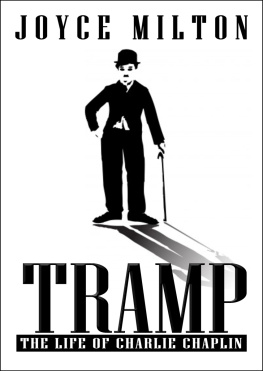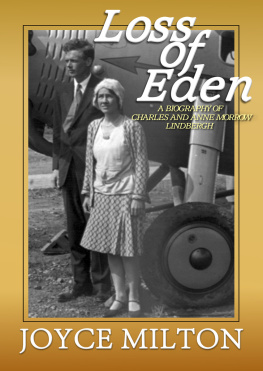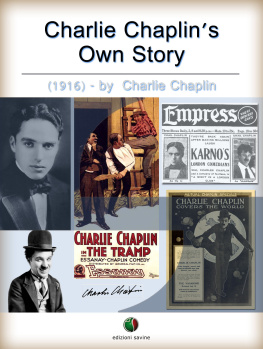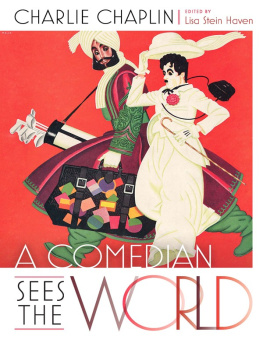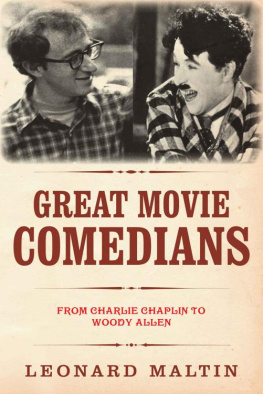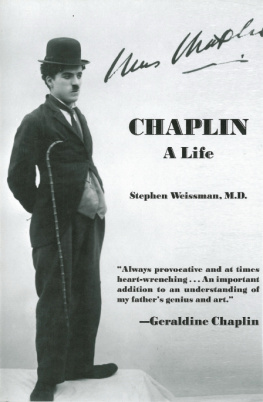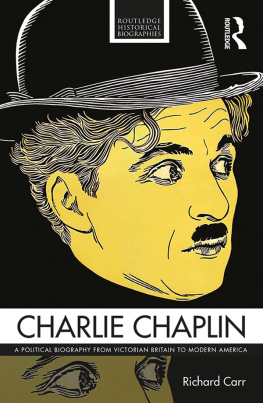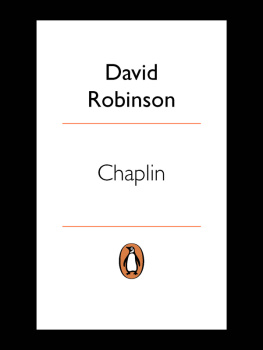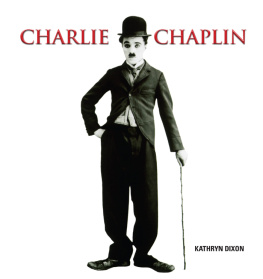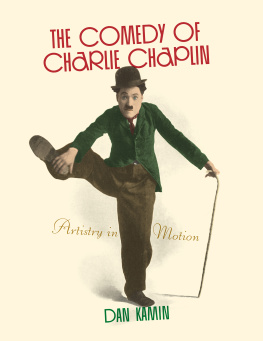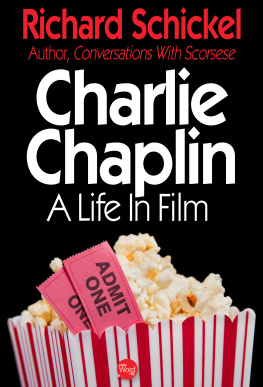

EARLY BIRD BOOKS
FRESH EBOOK DEALS, DELIVERED DAILY
LOVE TO READ ?
LOVE GREAT SALES ?
GET FANTASTIC DEALS ON BESTSELLING EBOOKS
DELIVERED TO YOUR INBOX EVERY DAY!


Find a full list of our authors and
titles at www.openroadmedia.com
FOLLOW US
@OpenRoadMedia




JOYCE MILTON
FROM OPEN ROAD MEDIA
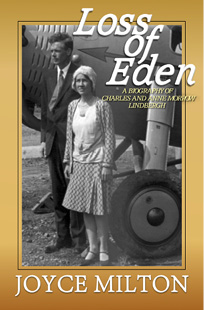
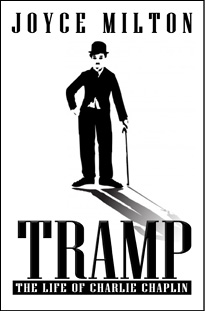
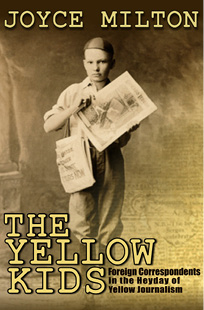

Tramp
The Life of Charlie Chaplin
Joyce Milton

All rights reserved, including without limitation the right to reproduce this ebook or any portion thereof in any form or by any means, whether electronic or mechanical, now known or hereinafter invented, without the express written permission of the publisher.
King of Comedy, by Mack Sennett and Cameron Shipp, is quoted by arrangement with the William Morris Agency.
Interviews from the Oral History Collection on the Performing Arts, De Golyer Institute for American Studies, Southern Methodist University, are quoted with the permission of Dr. Ronald L. Davis
Copyright 1996 by Joyce Milton
ISBN: 978-1-4976-5916-2
This edition published in 2014 by Open Road Integrated Media, Inc.
345 Hudson Street
New York, NY 10014
www.openroadmedia.com

CONTENTS
They Were Nothing Nothing NOTHING!
Born during the reign of Queen Victoria, Charles Spencer Chaplin now seems peculiarly modern. He became the first international movie star, celebrated around the world for his portrayal of the Little Fellow, a universal victim. But his sense of his own identity was as uncertain as the lineage of his character. For much of his life he claimed that he had been born in a hotel in Fontainebleau, France, and that his older half-brother, Sydney, had been born in South Africa. He often told friends that he was far from sure that his mothers husband, Charles Chaplin Sr., was his biological father. At times he thought his real father might have been Jewish or even African American. He was undoubtedly at least one-quarter Romany, or Gypsy, a heritage he sometimes denied and at other times took pride in. He was unsure, or pretended to be, of his mothers maiden name.
Chaplin rose from the marginal classes of the South London slums, a stratum of society among whom family history was not a source of pride but a catalog of humiliations and tragedies, to be glossed over with invention when they couldnt actually be forgotten. As he himself put it, To gauge the morals of our family by commonplace standards would be as horrendous as putting a thermometer in boiling water. As long as the facts remained mere bubbles, evaporating from the seething cauldron of the last, moral judgments were irrelevant.
In his sixties, when he was working on his autobiography, Chaplin decided that the time had come to set the record straight. He paid a visit to the central registry office of vital statistics in London, but his search for a birth certificate was unsuccessful. I went to Somerset House, you know, on the Thames, he told a much younger acquaintance, and there is no Charles Chaplin.
Nor did he find any records of his mothers family: They were nothing nothing NOTHING!
Thanks to Chaplins dedicated admirers in Britain, manythough by no means allof the mysteries surrounding his early life have been resolved. His mother was born Hannah Harriet Pedlingham Hill on August 6, 1865, the daughter of a shoemaker, and grew up in Walworth, a working-class district of South London. Hannahs mother, one Mary Ann Hill, had married her first husband, a sign painter named Henry Hodges, when she was about fifteen. They had one son, also called Henry. The elder Henry Hodges died in a fall from a horse-drawn omnibus, leaving Mary Ann a widow at thirty-four. In 1861 she married Charles Hill, and the couple had two daughters, Hannah and Kate. Mary Ann and young Henry worked side by side with Charles Hill as he plied his trade, but they never prospered. Hill suffered from rheumatism and very likely he drank. He seems never to have had his own shop, and the family moved every year or two, occupying a series of cheap rented flats.
Chaplin described his maternal grandfather as a good old Irish Mick with a shock of snow-white hair, who hailed from County Cork. He had been told that Grandfather Hill was somehow involved in the assassination of Lord Frederick Cavendish, but this is unlikely since Cavendish, the nephew of Prime Minister William Ewart Gladstone, was not murdered until 1882, long after Charles Hill took up residence in London. Whether or not he had revolutionary sentiments, Hill does seem to have been a combative sort. He quarreled with both his daughters and eventually turned his wife out of his house, allegedly because he caught her in bed with another man.
Hannah Hill was eighteen when she escaped from this grim environment. She later told her children that she eloped with the son of an English lord and married him in South Africa, where she lived on a plantation, waited on by legions of servants, and gave birth to her first son, called Sidney John. In fact her lovers name was Sydney Hawkes or something similar, and another version of the family story identifies him as a Jewish bookmaker. Jewish or not, Hawkes was hardly the son of a lord, although there is some reason to suspect that he may have been the black-sheep heir of a well-to-do family. Hannah often spoke of a legacy that was supposed to come to her son after Hawkess death.
Hannah and Sydney Hawkes were never married, and by the time she gave birth on March 16, 1885, the relationship had ended. Sidney John (hereafter known as Sydney, the spelling he used later in life) was born at the home of Joseph Hodges, who was the uncle of Hannahs half-brother Henry. It is possible that Hannah had then already met Charles Chaplin, a twenty-two-year-old singer, whom she would marry on June 22, when her baby was just fourteen weeks old.
As far as anyone knows, Hannah Hills story of her elopement to South Africa was a fantasy. But maybe not. The Chaplin family had South African connections: Three of Charles Chaplins siblings eventually emigrated there, and one brother, Albert, became a prosperous farmer with business holdings near Durban. It is just possible that Hannah did run off to South Africa with Sydney Hawkes. She may even have met Charles Chaplin there and returned with him to England, where Hawkes was unlikely to pursue her or make any claim on his child.
Next page
